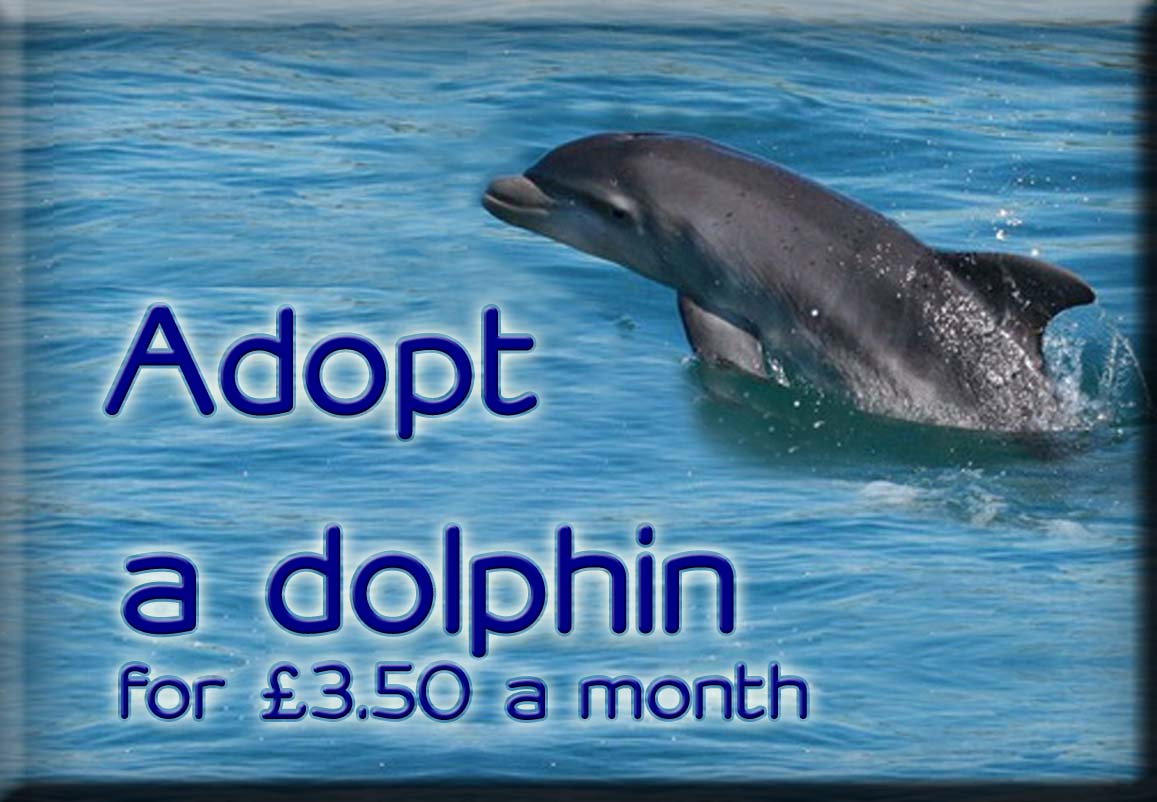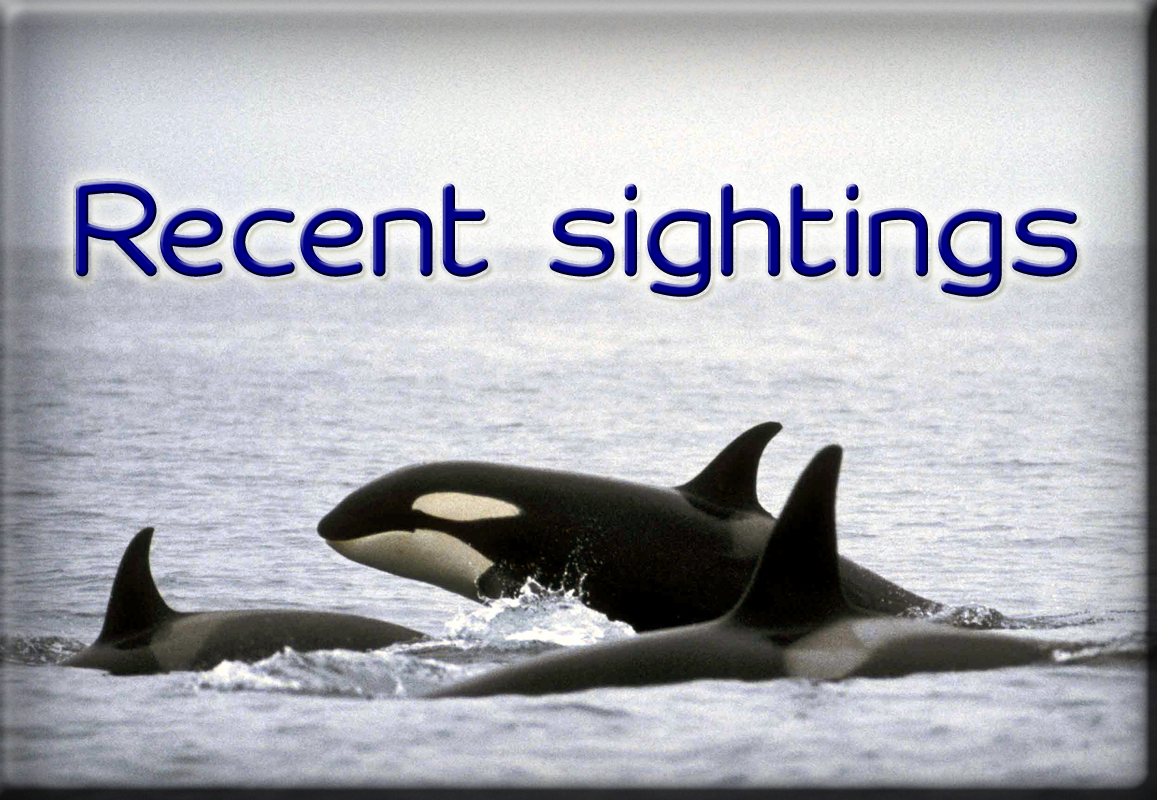On the 11th of July 2024, 77 long-finned pilot whales stranded on Tresness Beach on the Isle of Sanday in Orkney. This is thought to be the largest mass stranding event in Scotland since 1995.
When the British Divers Marine Life Rescue (BDMLR) medics arrived at the scene, they found that 65 of the animals were already deceased with just 12 left alive. The BDMLR medics provided health assessments and first aid to the surviving animals in hopes that they could be refloated in the incoming tide.
Unfortunately, the surviving 12 pilot whales had to be euthanised due to their health deteriorating rapidly in the many hours that they were stranded on the beach. The animals had already suffered crush injuries from the weight of their own bodies, their chest walls become compressed during their extended time spent beached, resulting in aggravated damage to their internal organs. Many of the animals had also sunk into the soft substrate on the beach which meant that even when the tide came in, they were unable to refloat themselves.
The Scottish Marine Animal Stranding Scheme (SMASS) will be conducting a post-mortem on the bodies of the animals that they are able to recover in order to determine why the whales stranded. Currently there is no obvious explanation but we hope that the post-mortems will provide some light on this devastating incident.
Mass strandings are not a new phenomenon, they have occurred since human records began with the most common casualties being long-finned and short-finned pilot whales. Long-finned pilot whales are a species known to inhabit British waters; they are usually found along the continental shelf edge north and west of the British Isles but are frequent visitors to Shetland and Orkney. These oceanic species of whales live in waters over 1000m deep and form large, cohesive groups which can reach hundreds of animals.
Just last year, the UK saw another mass stranding of 55 long-finned pilot whales on the Isle of Lewis. While attempts were made to refloat the 15 surviving animals, these were unsuccessful due to the shallow beach and rough sea conditions. The remaining animals were euthanised for welfare reasons.
Upon investigation and post-mortems on the Isle of Lewis pilot whales, SMASS found that one of the animals had vaginal prolapse. Pilot whales live in a matrilineal society and it was suspected that the whole pod stranded due to one female experiencing complications while giving birth. This highlights the strong bonds formed within their pods, if one comes into difficulty and strands, the rest often follow.
Although mass strandings are often thought to be the result of human activity, there are other factors that may also play a role. Deep dwelling species often strand in the same location, indicating that natural causes may also factor into these occurrences.
These mass strandings of oceanic species tend to occur in shallow areas with gentle sloping, often sandy seabeds. This environment causes a number of issues for the animals, firstly, even if they are able to refloat it is very likely that they will re-strand as they are not accustomed to swimming in shallow waters. Echolocation, used for navigation, does not work well in these environments meaning that it is likely that many of these strandings are a result of navigational error. The environmental factors, especially the soft substrate, of the latest stranding in Orkney made it impossible for the animals to safely refloat.
In other cases, animals have been weak from illness or injury and seek shallower waters so that they can come to the surface to breathe with more ease which can result in accidental stranding of the entire pod.
While mass strandings can have natural causes, this is not always the case. Human activities, particularly military activity that involves sonar, can lead to live strandings. Sonar activities can disrupt the whales’ echolocation and cause severe disorientation and rapid surfacing that can result in traumatic internal injuries.
Mass stranding events are devastating to not only those who tend to the animals but to all members of the public and it is something that researchers are continuously working to understand and to develop better methods to refloat the surviving individuals. We commend the BDMLR medics, SMASS, and the on-scene vets for their tireless efforts to save the whales and will share the outcome of the post-mortem examinations as soon as they are available.
For more information on mass strandings, please contact us via email at info@seawatchfoundation.org.uk or via phone at +44 (0) 1545 561227


























